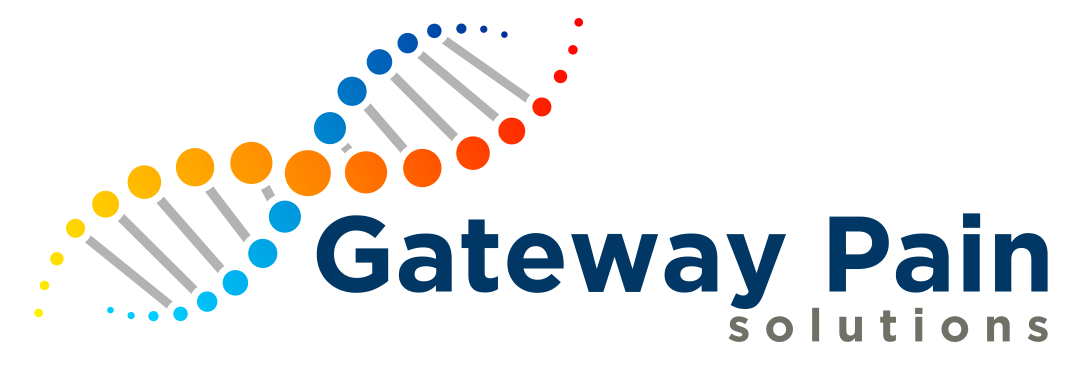Conditions we Treat
Herniated Discs
About Herniated Discs
Herniated discs are a common spinal condition that affects millions of individuals each year, leading to localized and radiating pain along with related symptoms. These discs act as cushions between the vertebrae, providing flexibility and shock absorption to the spine. When a disc herniates, it means that the tough outer layer of the disc is compressed and pinched by the vertebrae, causing inflammation, irritation, and pain. This condition can result from various factors like repetitive movements, sitting or standing for extended periods, traumatic accidents, pregnancy, being overweight, or certain spinal diseases. Herniated discs can cause acute and chronic pain in the affected area, as well as radiating symptoms such as numbness and tingling in the arms and legs, impacting daily activities and quality of life.
Treatment Options for Herniated Discs
Gateway Pain Solutions offers state-of-the-art approaches to help patients alleviate the symptoms associated with herniated discs. Treatment options may include physical therapy to strengthen the muscles supporting the spine and improve flexibility, injections into the affected area to reduce inflammation and relieve pain, or minimally-invasive surgery in cases where conservative measures are not effective. By customizing treatment plans to address the underlying causes of herniated discs, Dr. Ranson aims to provide optimal results and enhance patients’ overall well-being.

